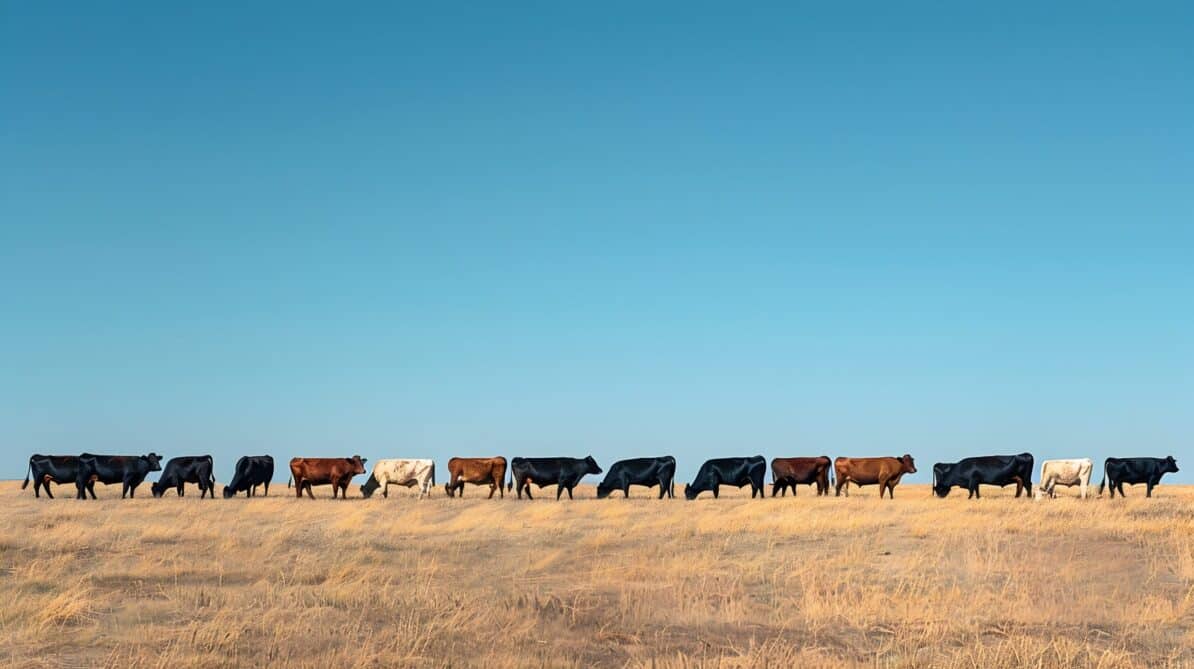Transferring ownership of broadacre farms and pastoral stations is a big step in Australian agriculture. It involves moving large tracts of land and complex operations from one owner to another. This process can be tricky, but with the right know-how, it can go smoothly.
The key to a successful transfer is careful planning and expert advice. You’ll need to think about legal issues, taxes, and how to handle the day-to-day running of the property during the changeover. It’s also crucial to consider the impact on workers, livestock, and crops.
Key Takeaways
- Careful planning and expert advice are vital for a smooth ownership transfer
- Legal, financial, and operational aspects need to be addressed in the process
- Professional help can guide you through the complexities of transferring large agricultural properties
Legal and Financial Considerations in Ownership Transfer
Transferring ownership of broadacre farming and pastoral stations involves complex legal and financial processes. You’ll need to navigate various regulations, work with legal practitioners and financial institutions, and manage important paperwork.
Navigating Pastoral Leases and Land Administration Act
In Western Australia, Queensland, and other states, pastoral leases are governed by the Land Administration Act. You must get approval from the Minister of Lands and the Pastoral Lands Board to transfer a lease. This process can be time-consuming and it is important to note some leases have restrictions or easements which must be complied with.
The Role of Financial Institutions and Conveyancers
Banks and other lenders play a big part in farm transfers. They may need to approve the new owner’s ability to manage the property and its debts. You’ll likely need help from a conveyancer, such as Peacock Settlements. We take care of the change in title and legal ownership for our clients, this also includes checking for any issues with the title, preparing documents, and liaising with the Department of Lands & your financial institution to obtain the necessary documentation required to effect the change of title.
We also deal with stamp duty and other taxes. These can be hefty for large properties, so budget for them early on or call our office to query any potential government charges you may incur.
The Importance of Stock Brands and Registration
When you buy a farm or station, you’re often buying the livestock too. This means dealing with the transfer of stock brands and registration as the new owners. Stock brands are vital for tracking and proving ownership of animals. Make sure all paperwork is up to date before the sale goes through & don’t forget about earmarks and other identifiers.
Practical Steps in Transferring Ownership
Transferring ownership of broadacre farms and pastoral stations involves several key steps. These include assessing value, preparing documentation, and engaging with potential buyers or successors.
Assessing the Value and Assets of Farming Stations
To start the transfer process, you need to get a clear picture of your property’s worth. This means looking at your land, buildings, and equipment. Don’t forget about your livestock and crops too.
Get a professional valuer to help you work out the fair market price. They’ll look at things like your farm’s location, soil quality, and water access. They’ll also check out your machinery and infrastructure.
Remember to factor in any debts or liens on the property. This will help you set a realistic asking price.
Preparing for the Sale: Documentation and Approvals
Getting your paperwork in order is crucial when selling a farm or station. You’ll need to gather all relevant documents. This includes property titles, lease agreements, and financial records.
Make sure your tax affairs are up to date. You might want to chat with an accountant about the tax implications of the sale. They can help you understand things like capital gains tax.
Put together a detailed inventory of what’s included in the sale. List all machinery, vehicles, and equipment. Don’t forget to mention any water rights or grazing permits.
Engaging with Potential Buyers or Successors
When you’re ready to sell, think about who might want to buy your property. Consider using a rural property agent who is skilled in these types of dealings with your area. They know the industry and may already hold a register of interested parties. They’ll also handle things like property viewings and negotiations.
Be ready to show potential buyers around. They’ll want to see the whole property, including paddocks, sheds, and water sources. Make sure everything looks its best. If you’re passing the farm to family, have open talks about expectations. Discuss roles, responsibilities, and any financial arrangements. This can help avoid problems down the track.
Thinking of Selling or Buying Land? Contact Peacock Settlements Today!
Whether you’re looking to sell or purchase broadacre farms or pastoral stations, Peacock Settlements has the expertise to make your transaction smooth and hassle-free. From navigating the complexities to ensuring all paperwork is in order, we’re here to help every step of the way.
Reach out to Peacock Settlements today and secure your future in Australian agriculture!

